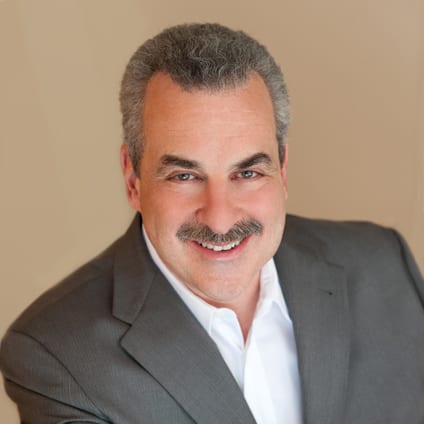Blog
After Newtown: Why Amateur Diagnoses Are Dangerous
As we struggle to come to terms with the tragic shootings in Newtown, Connecticut, the hardest thing to grasp is why anyone would be moved to murder small children and the teachers trying heroically to protect them. We search for clues that would make this horrific act understandable, and we do not find them.
We do know that whatever was going on in the mind of 20-year-old Adam Lanza, when he went on this appalling shooting spree, it did not come from a place of good mental health. But to blame this violence on Asperger’s or a personality disorder, as many media outlets currently are, is a serious mistake.
At this point, any comment on the psychiatric profile of Adam Lanza, the 20-year-old man responsible for these murders, is complete hearsay. We don’t know whether he had a history of psychiatric illness or if had been exhibiting signs of a psychotic breakdown. Unfortunately, that hasn’t stopped extensive speculation that Lanza had Asperger’s disorder, or a personality disorder, and even obsessive-compulsive disorder. Much has been made of the reports that Lanza was a smart but quiet kid who carried a briefcase to class instead of a backpack and felt at home with computers, perhaps more so than with his peers. By themselves these traits do not indicate any diagnosis at all, although we have been quick to dissect them in the search for meaning.
These amateur diagnoses based on unconfirmed information are very harmful. To my mind perhaps the worst is the suggestion that the unimaginable nature of this violence—the fact that children were targeted—somehow indicates a lack of empathy that can be associated with autism spectrum disorders. This is completely untrue. Individuals on the spectrum are in no way predisposed to this kind of violent behavior. Ample research proves otherwise. And while individuals with autism may be less adept at picking up nonverbal social cues, they are just as capable of experiencing emotional empathy as anyone else. I have known many autistic children who would be crushed knowing that a sibling, a parent, or even a spider was suffering.
Trading in rumors and misinformation sensationalizes real disorders and leads to stereotypes and bigotry. It fuels the stigma that mental disorders are dangerous or scandalous and prevents people from seeking the life-changing help they need. And because untreated psychiatric disorders are more likely to result in violence, it makes tragedies like this one more likely to happen again. So let’s stop speculating about the things we don’t know and start focusing on what we do know.
We know that when we see someone suffering we shouldn’t look away. And when we see young people coughing, wheezing or bleeding, we insist that they get attention. But when we see young people with disturbing behavior, or young people in clear emotional distress, we ignore them and hope these problems will go away.
The first signs of 75% of all psychiatric disorders appear by the age of 24. We need to be on the lookout for signs of distress in young people to get them help as soon as possible. Research shows that early intervention improves the outlook for anyone with a psychiatric disorder—and drastically reduces the likelihood of violence.
As a nation we need to change our attitude about mental illness. We need a better plan for giving mental health care parity with other medical care. Improving access to the best evidence-based interventions should be a national priority. The economic cost as well as the human cost of untreated mental illness makes that clear.
Finally, we know our first graders should never fear for their lives when they sit down in a classroom. We know we need to do everything we can to make sure this never happens again.

